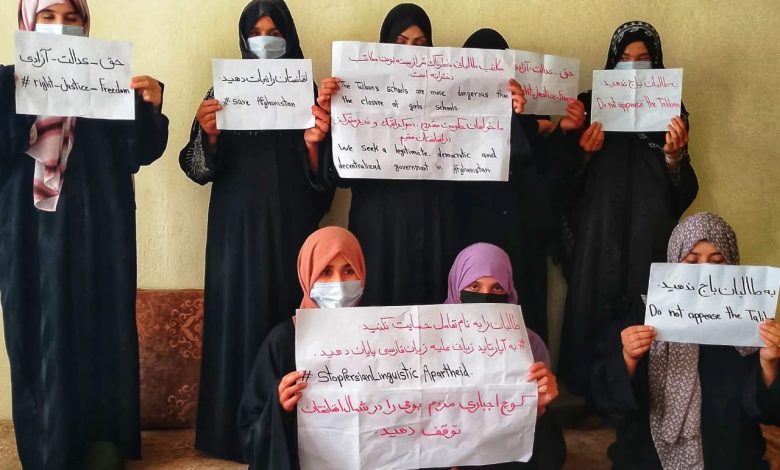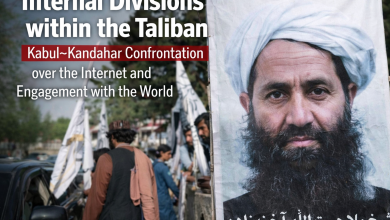Resolution of the Purple Saturdays Movement: Taliban Schools are More Dangerous than the Closure of Girls' Schools: Report from Ahmed Sohail Perto
Afghan News24 AfgNews24

Resolution of the Purple Saturdays Movement: Taliban Schools are More Dangerous than the Closure of Girls’ Schools: Report from Ahmed Sohail Perto
The closure of girls’ schools beyond sixth grade by the Taliban is, in itself, a great tragedy for Afghanistan. More than half of society has been deprived of the right to education and intellectual development, which will undoubtedly bring misery to the future of the country. However, the reopening of girls’ schools under the Taliban’s rule, with changes to the curriculum and the uniforms of female students, is even more catastrophic. In these schools, not only is there no sign of scientific, rational, or humanistic education, but extremist, terrorist, and exclusivist ideologies are being promoted. These teachings will cause irreparable harm to the social foundations of Afghanistan society, especially among women, and will destroy the social and cultural underpinnings of peaceful coexistence in the country. A generation of girls and women will be raised who, instead of embracing differences and promoting peace, will propagate violence, fear, backwardness, and Taliban-style domination.
The Purple Saturdays Movement, as a grassroots initiative fighting for the rights and freedoms of all Afghanistan citizens—especially women, vulnerable ethnic groups, and religious minorities—against the self-proclaimed, mono-ethnic, and mono-gender government of the Taliban, supports justice worldwide within the framework of internationally accepted principles and laws, and with respect for national sovereignty. However, we strongly oppose the reduction of Afghanistan women’s rights to the mere reopening of Taliban-controlled schools, as this serves only to legitimize and prolong the rule of the self-proclaimed Taliban government, supported by Pakistan and its citizens. We condemn such efforts in the strongest terms. Afghanistan women will not relinquish their legal, human, or Islamic rights, and any reduction or diminishment of these rights is utterly rejected and condemned.
We call on the leaders and political and civil institutions of Pakistan, including the Pashtun Protection Movement (PTM), to respect internationally recognized borders and to focus their PTM efforts—created to advocate for the rights of Pakistan’s Pashtuns—on domestic issues within Pakistan. We also call on the Pakistani government to cease its support for the Taliban and terrorist groups.
Over the past three years, the Taliban have proven to be inflexible and unwilling to change, and therefore should not be supported or maintained in power under the guise of engagement. We demand that the Taliban, especially its leaders, be brought to trial for crimes against humanity, gender apartheid, linguistic apartheid, war crimes, forced displacements, widespread human rights violations, and the heinous terrorist and suicide attacks that have claimed the lives of thousands of innocent Afghanistan citizens. The Taliban have also violated all their commitments to the international community by turning Afghanistan into a safe haven for terrorist groups, facilitating transnational violence.
We, the protesting women inside Afghanistan, express our grave concern over the continuation of the Taliban’s self-proclaimed, mono-ethnic, and mono-gender rule, which with each passing day, is transforming the country into fertile ground for extremism and regression, pushing the future of Afghanistan—especially women—into darkness. We strongly oppose any measures that would extend the lifespan of their illegitimate regime and emphasize that medieval and tribal frameworks cannot address Afghanistan’s dire situation in the 21st century and the age of modernity.
We consider free elections and the public vote of Afghanistan citizens to be fundamental. Once again, we stress that a legitimate, democratic, and decentralized system of government is the best alternative to the self-proclaimed Taliban government. Such a system would ensure social justice, end national oppression, and bring an end to gender and linguistic apartheid, thereby providing a solution to the current crisis in the country.
Report from Ahmed Sohail Perto




